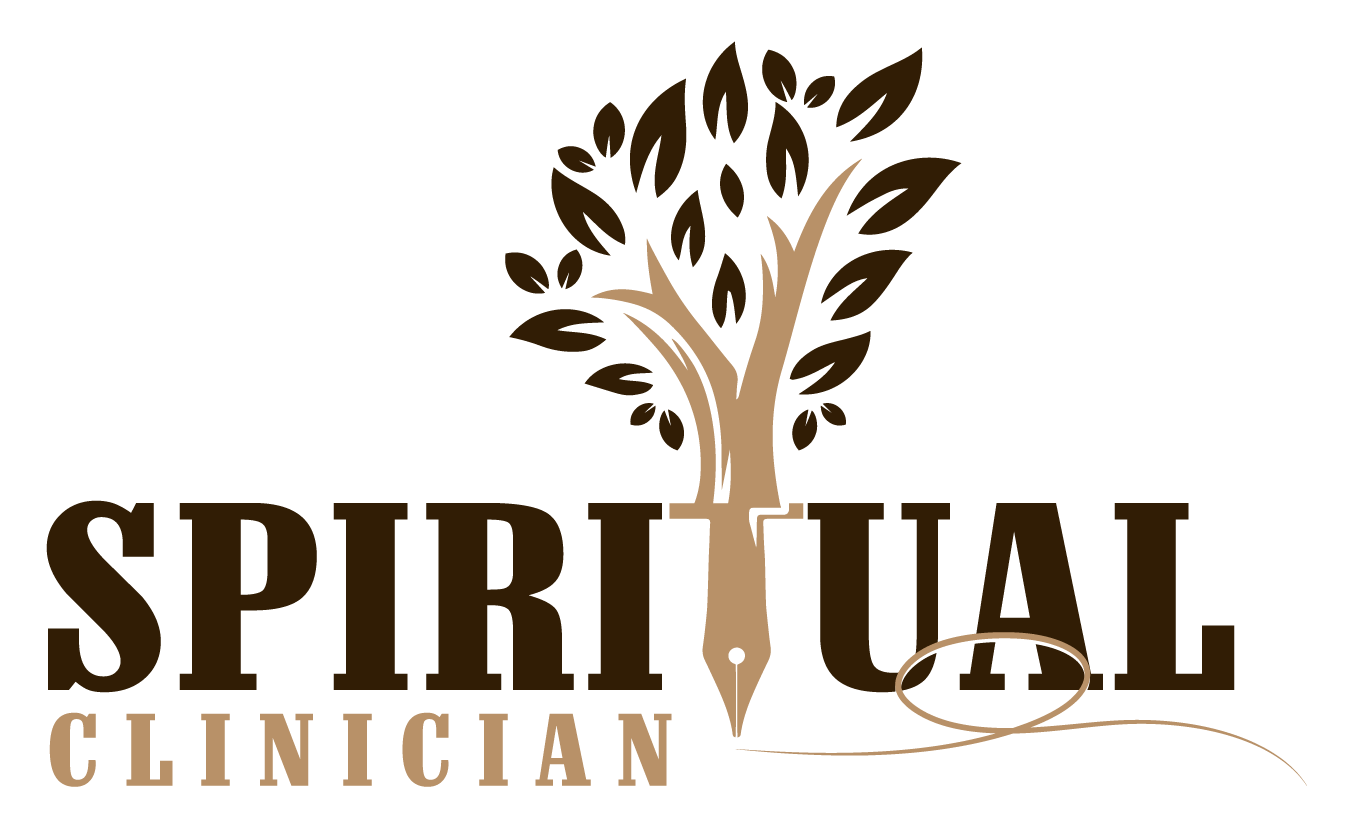The character trait of prudence has, for a few thousand years, at least since Plato, been recognized as a core virtue that anybody publicly representing millions of people desperately needs. It keeps them from acting or speaking like a dolt, a farm animal out of place, or a proverbial snake at a picnic. It should be easy to see why it is important to assess as a virtue in any candidate aspiring for leadership of a country.
However, whether any decision or action is prudent is not always easy to see. Prudence often depends on perspective, the point of view from which it is observed. Was President Biden’s quick decision to support Israel after its attack by the Hamas of Gaza too one-sided and even abortive? Would Biden have done it differently if he had a chance a few months later? How much thought and consultation prepared him for it, given the long, highly complex, and painful history of the relationships of even the Jewish and Muslim people involved?
Prudence has not been emphasized in our age. It is an ability and a habit of weighing the likely consequences of a comment or an action before implementing it. It reduces impulsiveness, “reads the room”, considers hard-held perspectives of others, and leads with caution in charged situations. Prudence is in dire need in today’s politics.
The virtue of prudence can be understood as thoughtful caution that assesses one’s raw inclinations to speak or act in a certain way, to make better decisions for humanity. From the Latin Prudencia, it means ‘a foreseeing’, an intuitive ability to make a good prediction of how acting on a certain inclination would affect them and those around them if they would implement it right now. Totally without prudence, we would be a buffoon, a rude philistine, an obnoxious fool.
Prudence uses discretion and restraint to wait for another day to take a specific action we may be dying to do right now, or to reshape an awkward, offensive phrase we are anxious to speak immediately. Experience over time embeds that cautiousness as a virtue in a person until they become a consistent monitor of their cogent spontaneity. Not often a virtue of the adolescent, prudence stays at a level that is fledgling and sporadic for some people all their lives. As adults, the perpetual adolescents that result can be verbally impulsive, chronically un-wise, and often offensive. Prudence gives us comity in groups and associations, congeniality in romance, and keeps us out of jail.
Wisdom, a cousin of prudence, is at least as rare in today’s public discourse. It preceded prudence in history by several hundred years and at least 800 miles as the crow flies, between Plato in Athens and Isaiah in Israel. Great thinkers sometimes agree on basic principles.
Wisdom is a confluence of three sources, knowledge, understanding, and a third element that cannot be identified without theology, and even then can be spurious. A few prescient people can take what is known, enrich it with understanding, and allow perspicacious solutions to arise inspirationally, almost magically, to problems of humankind that work, at least partially. That is wisdom. It can’t be faked very successfully or forced to arrive. Like the wind, it beautifully has a life of its own.
There is an entire body of writing in early Hebrew history called the wisdom literature. It distinguishes between the wise man {sic} and the fool and how they differ in perspective and behavior. If Plato and Isaiah could sit down today to discuss how to promote wisdom and prudence in political discourse, they would first have to cry together to grieve the political limitations and even foolishness so starkly described almost daily by diverse people like Jeff Tiedrich’s satire, Heather Cox Richardson’s sumptuous historical perspective, some news efforts at spinning and justification, and Robert Reich’s American political savvy.
There seems to be no solution, however, to the empty partisanship with which we are saddled in politics now. What has been brewing for decades cannot be diverted quickly, like the cargo ship Dali that smashed the Scott Key Bridge in Baltimore a few weeks ago.
But what we can do is change our perspective on what kind of people to encourage to run for national office and which to vote for as top leaders. We can shed more light on candidates for such crucial positions using the language of virtue. We can use what can be called a “character encounter” wherever it can be implemented to challenge political candidates about different elements of their character. Until we citizens devise a small process group system that evaluates character before political candidacy these interpersonal challenges will be the best we have to promote better character in national politics.
We citizens need prudent and wise people in office who are also passionate about humanity. We need to ask all candidates, whenever we can, pointed questions that, if nothing else, show them what we want in top leaders. Regarding the cognitive and integrative gifts we prefer, we will seek the wise and the prudent rather than the glitzy, wealthy, cleverly dominant personalities that now abound. We could use stark queries that promote reflection by candidates and voters alike, to sort out the best advocates for the common good. For prudence and wisdom, these would include a few like these:
What has been the best proposal, project, or suggestion you have made in your previous work, to better the human race? How did you package it for acceptance by those in power?
How have you previously collaborated with a person or group whose opinions differed greatly from your point of view?
Of the two ways of failing at prudence and wisdom, too much or too little, which have you fallen into most, zealous impulsiveness on the one side or cowardly reticence on the other?
What do you make of the loud silence looming across the political spectrum by many Congresspersons on the key issues and personalities that plague our country? Is it merely patient waiting for prudential perspectives to gel, or rather fearful hiding from accountability and exposure?
Who are a few of the wise and prudent political leaders you admire and why? Which of them differ from you in ideology or party loyalty? Any?
Gordon J Hilsman is a retired clinical educator living with his wife in the far Pacific Northwest, and the author of Assessing the CHARACTER of Candidates for National Political Office: In search of a Collaborative Spirit.


